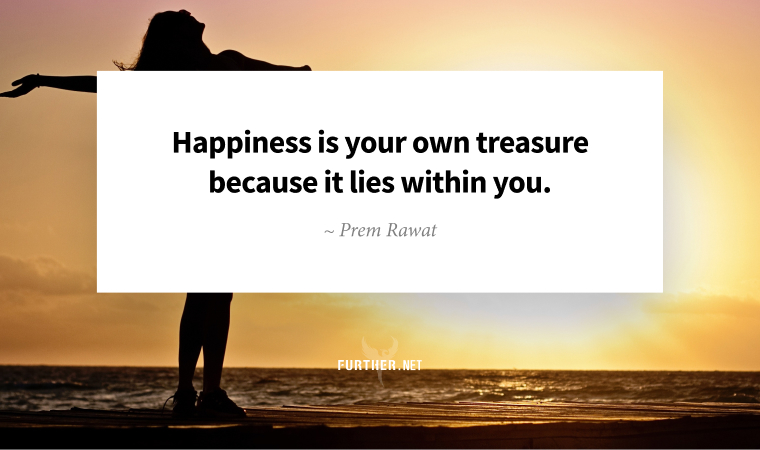
If there’s one thing I’ve learned through meditation, it’s that happiness is an inside job. This isn’t just a philosophical position; as Brian wrote last week, your brain’s Default Mode Network (DMN) comes wired to construct a story about you that often isn’t so pleasant. It’s on you to transcend those thoughts to create a more positive experience of life.
The kicker is the DMN is most active when you’re in a restful state. This can make falling and staying asleep challenging, especially if you’re caught in a loop of depression, anxiety, and traumatic recall.
This is why your pre-bedtime ritual can be so important, and not just to ensure a good night’s sleep (although that’s always welcome). Taking a few minutes before you drift off can unlock a treasure trove of mood-enhancing memories that cultivate contentment.
Your Perspective is Precious
There’s a lot of woo-woo thinking out there with pithy expressions like, “thoughts become things.” It’s no secret that’s basically bunk, but there is a grain of truth in there. Choosing to focus on gratitude, for example, helps maximize positive emotions and minimize your brain’s natural propensity to sense threats and negativity.
Similarly, positive affirmations are a research-backed approach to hitting the upper-end of Maslow’s hierarchy of needs: self-esteem and self-actualization. And there’s MRI evidence that indicates neural pathways are increased when people practice positive self-talk.
Now, this isn’t to say negativity is to be avoided — that’s not realistic nor advisable. (Nobody needs toxic positivity, especially the kind that’s self-directed). However, you can choose what you focus on. As my meditation teacher, Jeff Kober, likes to say, “Don’t water the weeds.” Instead, make shifting your attention to the riches of life part of your daily regime.
A Blissful Bounty
Every day brings a mixed bag of happenings, but even in the crappiest of times, there’s always something positive you can excavate. Daniel Amen, M.D., author of You, Happier: The 7 Neuroscience Secrets of Feeling Good Based on Your Brain Type, has an easy, five-minute daily gratitude practice he calls “treasure hunting.”
Every night before I go to bed, I say a prayer. I go on a treasure hunt, and I ask myself what went well today. I start at the beginning of the day, and I search through each hour of what happened that made me happy.
The point of the treasure hunt isn’t to negate the downers but instead to elevate the good things that happened, no matter how small. This is an excellent example of a rational optimism practice, where you make a realistic assessment of your day that focuses on the positive. The pay-off is decreased stress, which leads to two things well worth treasuring: a better night’s sleep and a happier tomorrow.
A Neuroscientist Says Do *This* Before Bed To Improve Your Mood Long Term (mindbodygreen)
